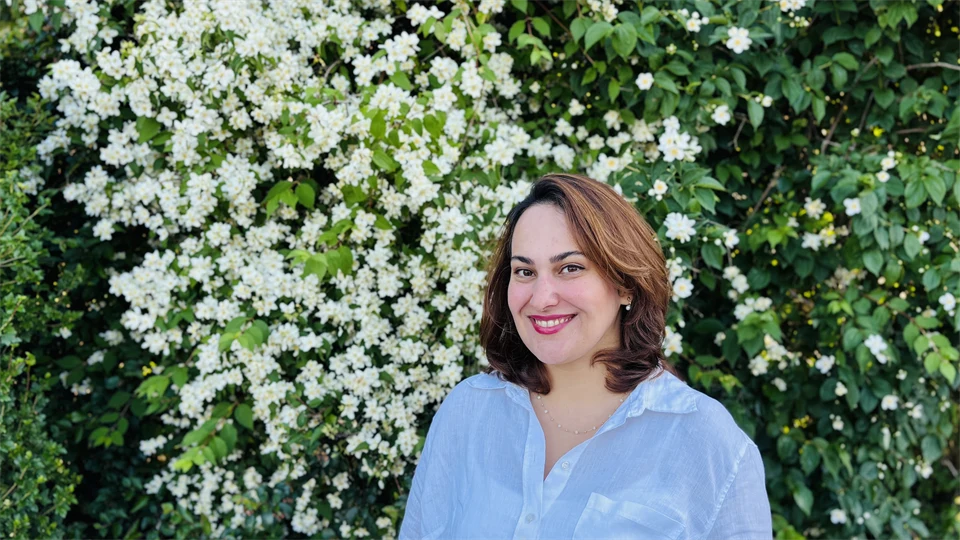Shirin’s research reaches the finish line – aims to make the future of remote operation more human‑centered
Soon, Shirin Rafiei will defend her doctoral thesis, becoming Mid Sweden University’s first institute doctoral student. Her research places the user experience at the center of future remote-operated systems.
An institute doctoral student is admitted to a university but has their main employment at a research institute. Shirin is enrolled at Mid Sweden University but works at RISE in Kista. The model is similar to an industrial PhD, but instead of being tied to industry, the research is conducted at an institute. This position was made possible through funding from the Swedish Foundation for Strategic Research (SSF), which specifically supported initiatives for institute doctoral students.
Her research shows how the design of visual interfaces can determine both performance and user experience in remote-operated systems, a technology that is rapidly expanding in industry, vehicles, and mining.
– Shirin’s work is pioneering, particularly in its combined evaluation of system and user perspectives for remote operation systems that integrate video streams with overlaid graphics, what we call ‘Augmented Teleoperation.’ Through this, we have gained greater insight into what needs to be considered when designing systems for remotely controlling industrial equipment, says main supervisor Mårten Sjöström.
Shirin herself emphasizes that her research highlights how visual interfaces can influence both performance and trust in remote-operated systems:
– Conventional camera views often provided better clarity and performance than some augmented alternatives, but augmentations such as new perspective views or LIDAR views proved valuable as support tools for distance perception. I was also able to show that video quality impairments – such as high latency or narrow field of view – significantly reduce both controllability and user trust.
In the long term, I hope my research contributes to safer work environments and more inclusive systems. Through better design, difficult and dangerous work can become more accessible to more people, in line with the vision of Industry 5.0.
The results are particularly relevant in industrial applications such as mining, construction machinery, and the automotive industry, but also for drones and future immersive systems.
– In the long term, I hope my research contributes to safer work environments and more inclusive systems. Through better design, difficult and dangerous work can become more accessible to more people, in line with the vision of Industry 5.0. I also see potential for sustainability, for example by optimizing interfaces not only for performance but also for energy efficiency, says Shirin.
As an institute doctoral student, she has worked closely with industrial partners such as Volvo CE, Volvo Cars, Scania, and Volvo Trucks, which provided opportunities to test ideas in realistic settings. The biggest challenge has been balancing academic requirements with industrial needs – but that combination has also been the most rewarding.
– It has given me a broader perspective and a network that spans both academia and industry. I hope my work inspires more approaches that unite technology and human needs in the systems of the future, she concludes.
